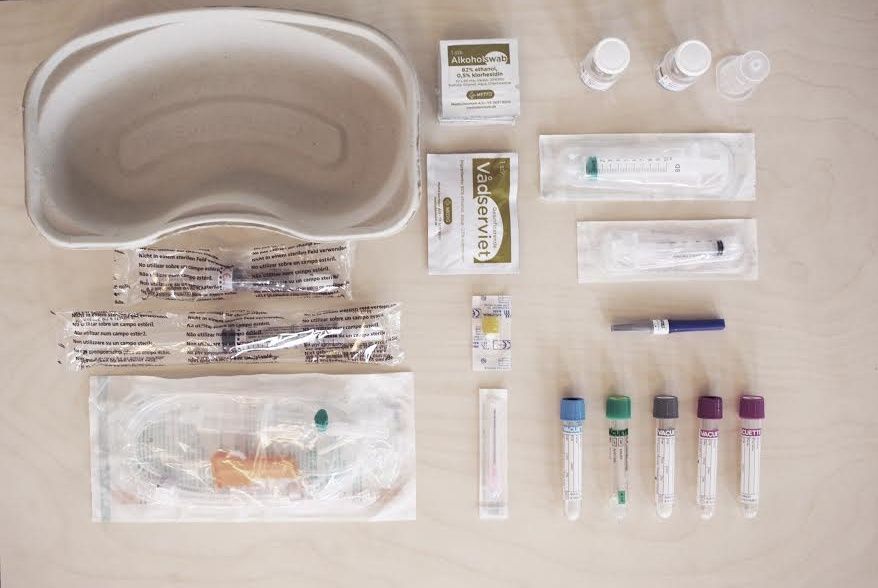The Haematological Clinic at Rigshospitalet has won ‘The Golden Scalpel’ prize for the best innovation project in the Danish healthcare sector. Thanks to the help of two graduate designers from the Royal Danish Academy of Fine Arts, Rie Maktabi and Isabel Aagaard, the clinic developed a specially-designed bag for home chemotherapy. The ‘Chemo to go, please!’ package contains chemo-liquid, an automatic pump and a catheter, and thus allows patients to receive chemotherapy treatment at home rather than at the hospital. Home treatment has been shown to speed up patients’ recovery and it also reduces expenses in the health sector.
DTU engineers building large space lab
Engineers and researchers from DTU Space in Lyngby, and also from the aerospace manufacture company Terma in Herlev, are putting the finishing touches to one of Denmark’s largest space projects since the Ørsted satellite. They have been building a so-called atmosphere-space interactions monitor (ASIM), a 300 kg-heavy lab, which will be used to monitor Earth’s powerful thunderstorms and ultimately provide scientists with greater insights into the processes that control the planet’s climate. If everything goes to plan, ASIM will be launched into space next September on Elon Musk’s freight rocket and then mounted on the outside of the International Space Station.
Belly fat to cure arms swelling in cancer patients
Plastic surgeons from Odense University Hospital have found a new cure for swollen arms and hands, which is a common side-effect of breast cancer surgeries. The surgeons have discovered that stem cells from the women’s belly fat can be used to treat the swelling. The stem cells are able to repair damaged lymph vessels and thus reduce swelling and irritation in the arms and hands. The treatment consists of a simple liposuction, after which a small portion of the removed fat is transplanted into the armpit of the patient, while the remainder of the fat is centrifuged with enzymes to increase the concentration of the stem cells. The treatment has already been successfully tested on 10 Danish women.
Acid pollution in the atmosphere decreased
Danish researchers from the Niels Bohr Institute at the University of Copenhagen have found that acid pollution in the atmosphere has fallen to almost the same level as in the 1930s, a decade when industrialisation really started to accelerate. Their study has been published in the scientific journal Environmental Science and Technology. The acid in the atmosphere is caused by industrial emissions of sulfur dioxide and nitrogen oxide or by large volcanic eruptions. The Danish researchers took samples from Greenland’s ice sheet, which can reveal various climate changes going back 125,000 years. Acid pollution peaked in the 1960s and 1970s, but then both Europe and the United States adopted new rules, which require factories to use filters.















